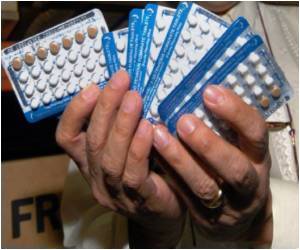A review article has said that some birth control methods, such as the pill, might be less effective in obese women, while others, such as those given using a shot, might work just as well.

Adding to the confusion, scientists know little about how extra fat might lead to changes in metabolism and affect the way contraceptives are handled by the body.
The researchers call for more studies of birth control in obese and overweight women so health care providers can best advise their patients.
In total, the seven studies included 39,531 women.
Four of the studies suggested that the heaviest women have the highest risk of pregnancy while using the contraceptives.
However, researchers said that a closer look at the studies reveals a more complicated picture.
Advertisement
But two other studies looking at BMI and pregnancy risk found no such risk.
Advertisement
BMI is thought to be an indicator of how much fat a person has, while body weight reflects the overall body size. So currently, the evidence that extra fat reduces the effectiveness of oral birth control is limited.
Other contraceptives such as injectable or implantable hormones might "be unaffected by body mass," Live Science quoted study author Laureen Lopez, of FHI, a global health and development organization, as saying.
There was little difference in the rate of pregnancy between obese and non-obese women who used these methods, according to the studies.
Many researchers think that metabolic changes associated with obesity - in particular, the amount of body fat - could make hormonal birth control less effective.
"However, we know little about how overweight women metabolise hormonal contraceptives since many studies exclude overweight women," said Lopez.
The review was published in the July issue of The Cochrane Library, a publication of The Cochrane Collaboration.
Source-ANI










